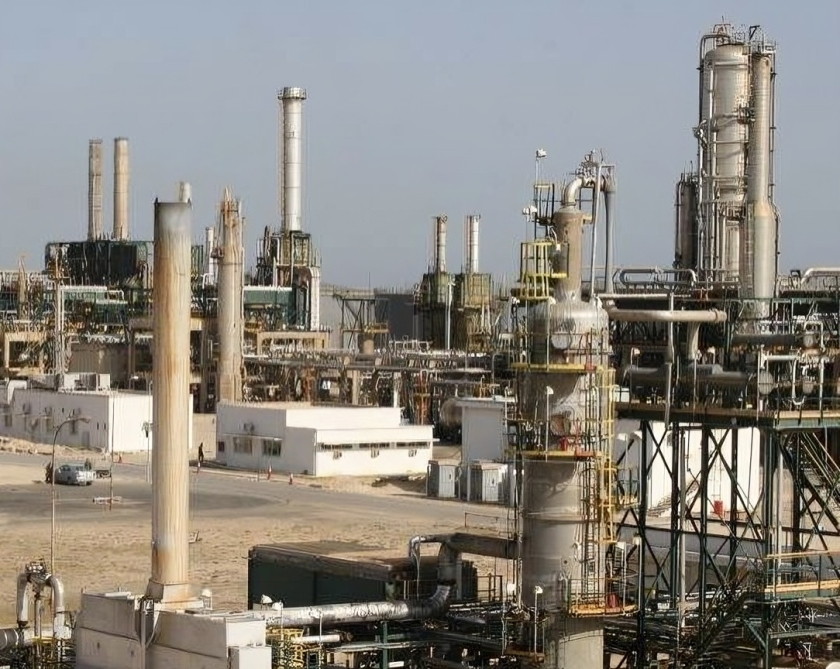KEY POINTS
- ExxonMobil, Shell and bp are returning to Libya with early-stage studies, betting on a revival of the country’s oil sector.
- Libya aims to increase oil production from 1.38 million to over 2 million barrels per day, last seen in the mid-2000s.
- Technical challenges, aging infrastructure and the need for modern recovery methods pose risks to long-term success.
Libya’s oil and gas industry is making a resurgence after years of instability and underinvestment, attracting the interest of major players in the global energy market.
In an attempt to resurrect long-dormant projects, Shell, BP, and ExxonMobil are spearheading a new wave of engagement in the North African nation, relying on its enormous reserves and a period of political calm.
The renewed interest indicates Libya’s potential to become a major oil producer again on the African continent, as well as the return of international oil majors.
Libya has long been a sleeping giant in the world energy markets, with proven crude reserves of over 40 billion barrels, the largest in Africa.
However, over the past ten years, civil war, armed militias, and operational setbacks have largely prevented the country from realizing its full potential.
A new chapter is now emerging as the state-run National Oil Corporation (NOC) aggressively pursues international partners.
Majors return with studies, not rigs — for now
ExxonMobil’s re-entry into Libya came in August 2025 through a memorandum of understanding with the NOC, covering seismic studies across four offshore blocks. The agreement marks the U.S. oil giant’s return after more than ten years of absence, signaling confidence in Libya’s improving security and regulatory environment.
In July, the NOC and British energy company bp signed a similar agreement to investigate redevelopment possibilities in the sizable Sarir and Messla fields. Despite being some of Libya’s largest onshore locations, years of neglect have prevented them from reaching their full potential. The MoU also makes it possible to evaluate unconventional gas and oil resources, which is something Libya has never done before.
Shell has returned to the game as well. Last month, the Anglo-Dutch company signed a memorandum of understanding to assess the Al-Atshan field, a potentially profitable but geologically complex asset. Before committing to any full-scale development, Shell will prioritize technical and financial viability.
When taken as a whole, these agreements are early-stage signals that prioritize analysis and viability over immediate drilling. However, if the results are encouraging, they may open the door to billions of dollars in infrastructure improvements and capital investment over the following two years.



